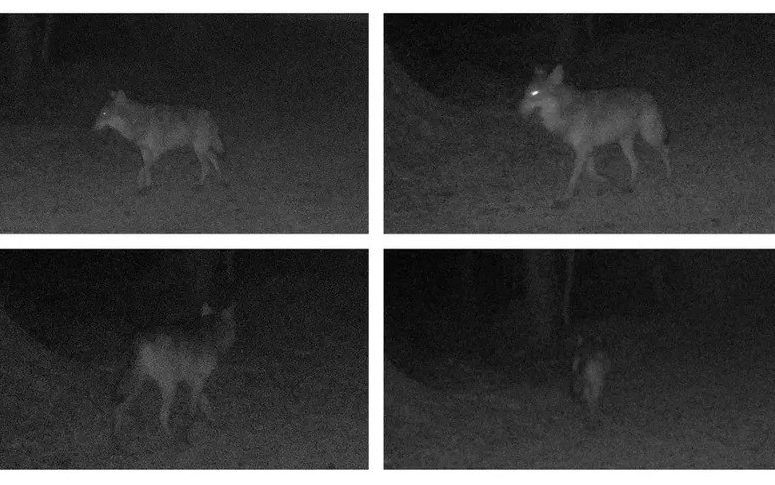The European comission is considering a rule which would essentially ban ne internal combustion engine cars from 2025, only 4 years away. The industry as obviously attacked this, in part by pointing out the rules demanding that all cars be practically clear of emissions by 2025 will rule out clean fuels such as liquid hydrogen.
Continue reading “Could the EU bring forward the end of new combustion engine cars to 2025?”The EU is bringing in laws that require products to last for a decade
At the current time, we have a highly inefficient system. There is no requirement as to how long technology is required to last. In the past, that has perhaps been less noticeable, as the advance in the capabilities has been so fast, that an upgrade generally became desired long before the product wore out.
However, there has been an alarming trend which has seen manufacturers removing manuals to allow products to be serviced, and or sealing parts of the product, so that batteries cannot be replaced or in some other way making DIY fixing hard or impossible.
Continue reading “The EU is bringing in laws that require products to last for a decade”Using sewage to heat homes?
Thames water in London UK is hoping to use excess heat from sewage treatment plants to provide the warmth needed for 2000 homes in Kingston-upon-Thames.
What normally happens, is that once the water has been fully treated, it is returned to the river. The problem with this, is that the water is at a higher temperature than the river, and this is not good for its ecosystem.
Continue reading “Using sewage to heat homes?”Could many hills in the UK become the batteries of tomorrow?
A new system can transform thousands of hills in the UK into large batteries. A team of engineers have developed a system which would allow Hydropower to store and release power within gently sloping hills and without the huge dams currently needed.
The idea of these small hydropower systems, is that we could build many of these tiny dams for far less than just a few large ones. More importantly, it would come with far less negative issues to those that come with historic large dams (for instance the proposed dam which threatens the future of 8th great ape species the Tapulani Orangutan).
Continue reading “Could many hills in the UK become the batteries of tomorrow?”Paris agreement for nature?
At the beginning of January an new agreement was signed by 50 countries who pledged to protect 30% of the earths land and oceans. The intention of this agreement is to stem the flow of extinctions that human activity has been causing for the last few centuries.
The hope is that this agreement can form the basis of a larger agreement at the UN, building on the early commitments from nations such as Nigeria Pakistan Costa Rica Canada and many more.
Continue reading “Paris agreement for nature?”The number of wild deer in the UK is soaring because no one is eating them: bring back wolves?
Over the last half a century, the number of deer that live in the UK has climbed pretty much continually.

In many parts of the country, the number of deer are controlled by regular culls. However, during the pandemic these have not happened, and that now means that 2 culls in a row have been missed.
Continue reading “The number of wild deer in the UK is soaring because no one is eating them: bring back wolves?”After foolish coal mine is cancelled MPs are angry
I wrote about a month ago about a deep coal mine in Cumbria that was green-lit. Thankfully this foolish plan was reversed.
At a time when many fossil fuel extraction locations around the world will have to stop working without exhausting the resource, the idea of starting a new one is ridiculous. Particularly stupid is to decide to do this, the year that the UK is to host a climate conference – with the purpose of agreeing more cuts.
Continue reading “After foolish coal mine is cancelled MPs are angry”An analysis late last year shows UK reaching net zero emissions is far cheaper than once thought can other countries do this to?
The arguments from people opposed to climate action have gone through a number of steps.
Continue reading “An analysis late last year shows UK reaching net zero emissions is far cheaper than once thought can other countries do this to?”Last year a wolf was seen in Normandy for the first time on more than a century
Wolves were exterminated from France during the first half of the 20th century. However at the end of the century and the beginning of the 21st, wolves started to recolonise from their stronghold on the Italian peninsula.

The first wolves were sighted around 1996-7 back in France. In the 25 years since, the wolf in France has multiplied and spread.
Continue reading “Last year a wolf was seen in Normandy for the first time on more than a century”The Cantabrian brown bear is returning, will it be allowed
Back around the 1900 there were around 1000 bears roaming the mountains of the Iberian peninsular. Unfortunately by 1950 this population had been reduced to two small populations consisting of 50-60 in one and perhaps as low as 14 individuals in the other.

